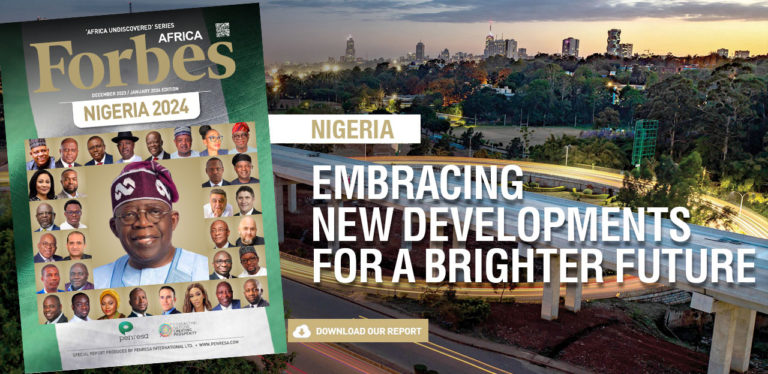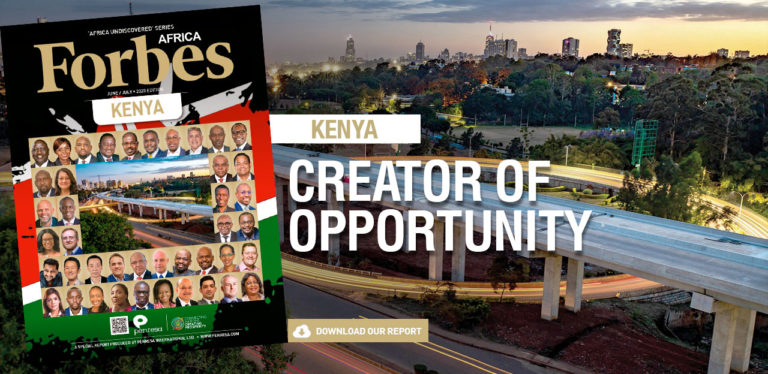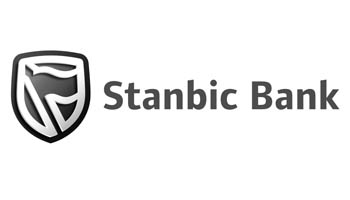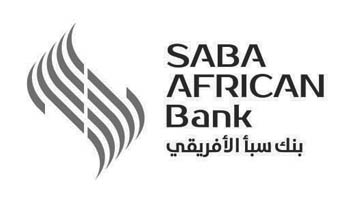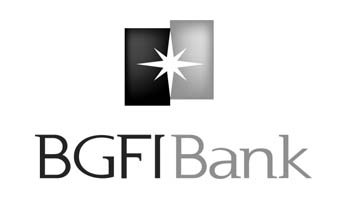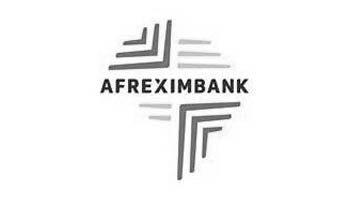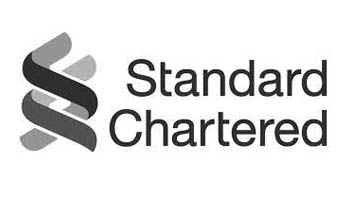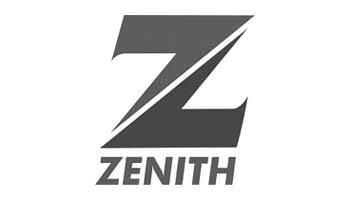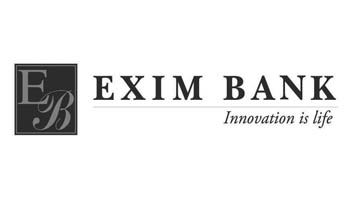Ghana’s trajectory to becoming the most rapidly expanding economy in the world is rooted in its resilience, a dynamic and globally competitive manufacturing sector and the implementation of policies promoting self-sufficiency and global market demand.
Strategically located along the Gulf of Guinea and bordering Togo, Cote d’Ivoire and Burkina Faso, Ghana is home to a population of over 30 million people and gifted with vast and diverse land, as well as the world’s largest artificial lake, Lake Volta. Ranking amongst Africa’s top three countries for freedom of speech, it is also a prosperous nation with an extremely positive economic outlook and stable democratic system which is powering its trajectory towards becoming West Africa’s regional powerhouse. “We have a good investment climate with respect to our neighbours. We have a macroeconomy which is stable and a solid personnel at the Central Bank,” explains Emmanuel Alex Y. Asiedu, MD of Stanlib Ghana Ltd. “We also have a forward looking government that is making a noise about putting the right measures in place.” Ziobeieton Yeo, Managing Director of Fan Milk Ltd agrees and goes on to say. “Most of the economies in the world have been affected by the pandemic and have gone into recession. Ghana has seen a slowdown in growth but has stayed positive. This economy has demonstrated over and over its immense capacity to bounce back.”
Re-elected for a second term in December 2020, President Akufo-Addo is driving national transformation with a focus upon diversification, boosting ease of doing business and private sector investment. In 2016, the government unveiled its long-term National Development Plan, a four-decade strategy devised to provide a comprehensive framework to Ghana’s medium-term economic plans, with the ultimate aim of leading the nation to becoming a high-income country by 2057, when it will celebrate its centennial anniversary since independence. The new development scheme looks to drive industrialisation, diversification and an export-oriented economy and is modelled upon a scenario for the country to achieve a per capita income of over US$60,000 by 2057, based on a nine percent annual growth.
Indeed, the country’s GDP has been on the rise since 2015, and this trend firmly continued into 2019, with an estimated 7.1% growth according to IMF figures. This has been a truly stunning result that has consistently placed Ghana amongst Africa’s ten fastest-growing economies. “Ghana is not only the best place for doing business in West Africa but it is also the fastest growing economy in the world according to the World Bank’s Ease of Doing Business Report 2019,” explains Hon. John-Peter Amewu, Minister of Energy and Petroleum. “The country has developed into an established business destination for investors seeking a conducive business environment, committed and progressive government-private sector participation, political stability, transparent regulations and a dynamic private sector ready for partnerships. The government is committed to implementing policies that reduce the general cost of doing business to promote investor confidence in the country.”
President Akufo-Addo’s administration understands the importance of the implementation of infrastructure in order to facilitate productivity and lower production costs. In his June 2020 Acclamation Ceremony speech, the President said: “We have been busy in the delivery of physical infrastructure as well and I am happy to report that, after just three and a half years in office, I can say, without any fear of contradiction, that every constituency in this country has seen the provision of some basic infrastructure to their communities.”
Having dubbed 2020 the ‘Year of the Roads,’ half of the 2020 infrastructure funding was implemented to improving roads and highways as well as railways and aviation. Large-scale port expansion has also seen Ghana well placed as a centre for West African logistics. In 2020, Port Tema’s US$1.18 billion expansion, Terminal Three, was completed, upping its efficiency levels, accessibility, shipping lines and increasing vessel turnaround, port capacity and berth availability; establishing the port as the highest throughput per vessel call in West Africa. “It is always a good opportunity to invest in Ghana because the government has a very clear strategy to develop the country, not only through natural resources but through added valued,” declares Paulo Fernandes, Country Delegate of CFAO Group in Ghana. “For manufacturers, it is very easy to establish a company in Ghana and that is thanks to infrastructure, such as roads, airports and the new sea port. I think this provides an interesting prospective for the nation, Ghana can become a hub for the region.” In August 2020, President Akufo-Addo also officially opened the headquarters and first permanent secretariat of the African Continental Free Trade Area (AfCFTA) in Accra. The world’s largest free trade area will further emphasise Ghana’s position as regional powerhouse and drive its self-reliance agenda through intra-African trade.
Most of Ghana’s prodigious results have been due to its unparalleled endowment of mineral and natural resources and consequently, its growth model has become increasingly dependent upon its natural resources. Ghana’s oil production is expected to double over the next four years, peaking at a rate of over 400,000 barrels per day and the country’s mining industry in a wide range of minerals such as gold, diamonds, manganese and bauxite, accounts for 5% of the GDP.
Prior to independence, Ghana was named the Gold Coast due to its ample deposits in gold, today it remains rich in abundant gold, bauxite and other minerals, surpassing South Africa as the world’s largest gold producer. However, rather than rest on its laurels, Ghana is working to make the most of its invaluable subterranean riches, using them to boost industrialisation and economic diversification in order to become less dependent on the fluctuations of the oil market. In 2019, the Ghana Chamber of Mines reported that mining and quarrying were products that attributed to the increased GDP for the country and that the shipment of manganese and bauxite had increased due to operational improvement. In 2019, the World Bank reported that gold constituted as Ghana’s top three main export commodities. “It is a country with huge growth potential and opportunities,” affirms Solomon Asamoah, CEO of the Ghana Infrastructure Investment Fund (GIIF). “Everybody recognises it, whether they are looking in the mining sector, the mineral sector or resources. We are also strategically located and the people are very well-educated. It is an ideal time to invest in a country like Ghana: it is peaceful, secure and probably the most mature democracy in Africa.”
Through the implementation of a more sophisticated and intricate economy powered by policies promoting national transformation and revitalisation, Ghana continues to prove itself to be a beacon of success and stability in sub-Saharan Africa. As President Akufo-Addo says: “I am of the firm conviction that this nation, the Black Star of Africa, is on the brink of a decisive step into a brighter future, which will deliver progress and prosperity to all the peoples of our country.”



